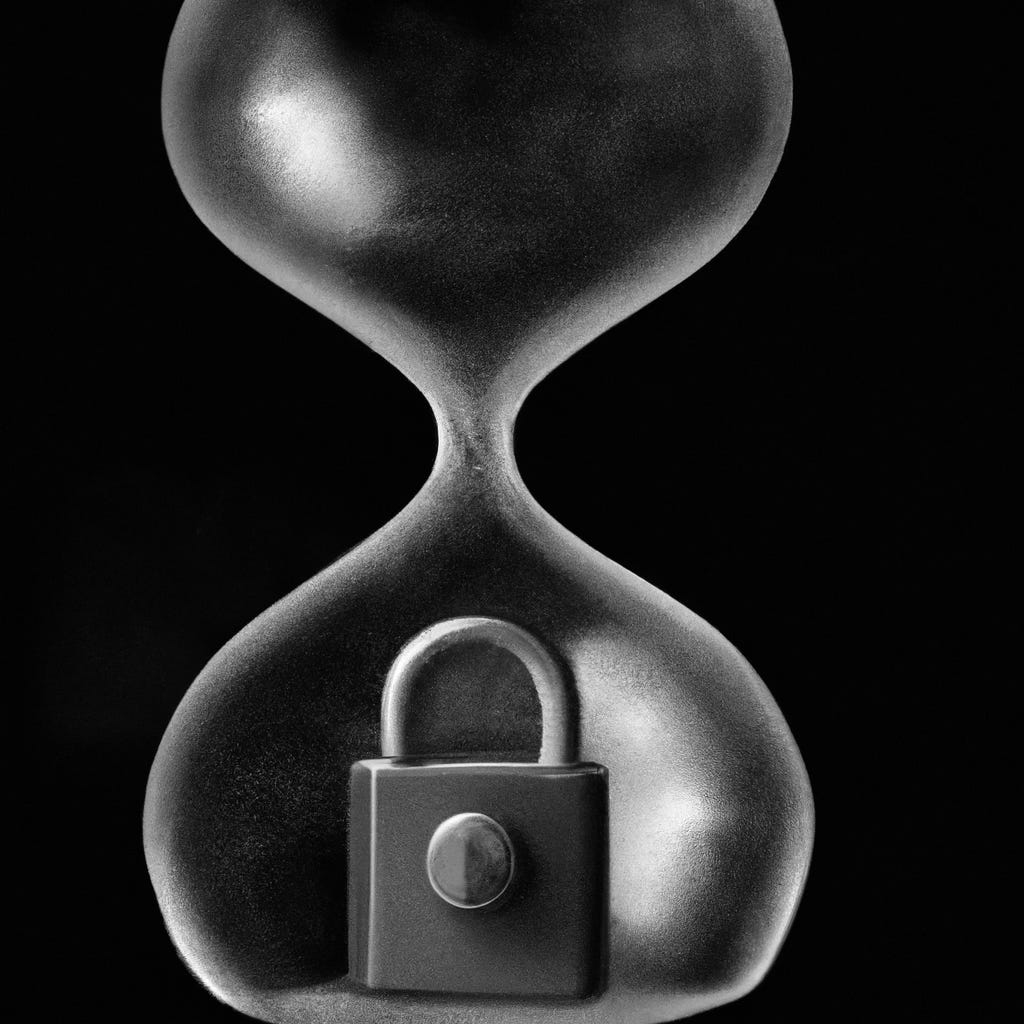Control is the most expensive form of capital.
Control buys predictability at the price of possibility. It is a hidden tax on potential—the more control, the higher the tax.
Control always appears as efficiency: rules, procedures, oversight, hierarchies. But control is not neutral—it consumes resources at every layer. It requires constant monitoring, enforcement, and compliance mechanisms. The illusion is that control protects value, when in reality it dilutes it. The more a system relies on control, the less it trusts the individual, and the higher the hidden cost becomes.
Keep reading with a 7-day free trial
Subscribe to TOMEK to keep reading this post and get 7 days of free access to the full post archives.

